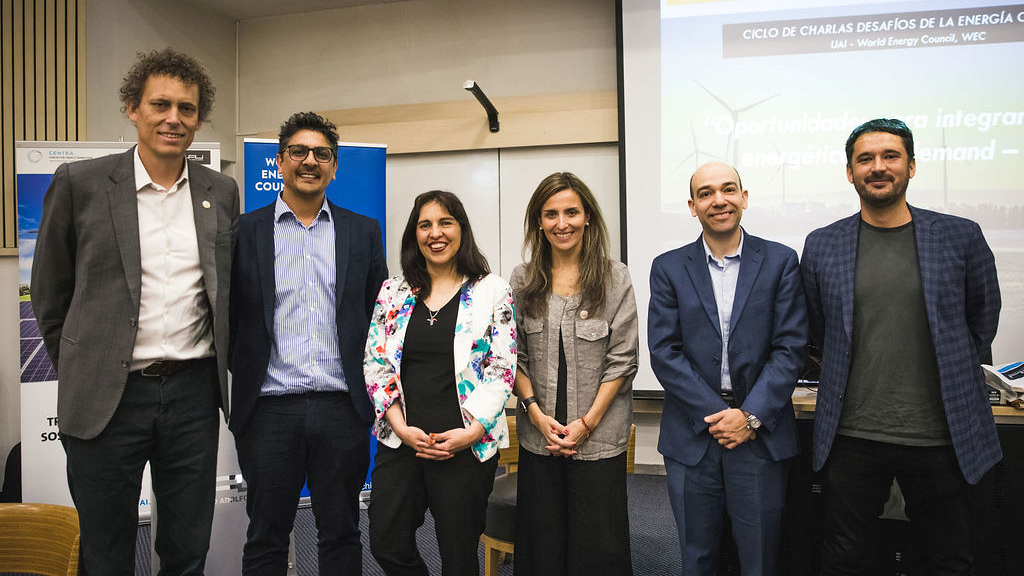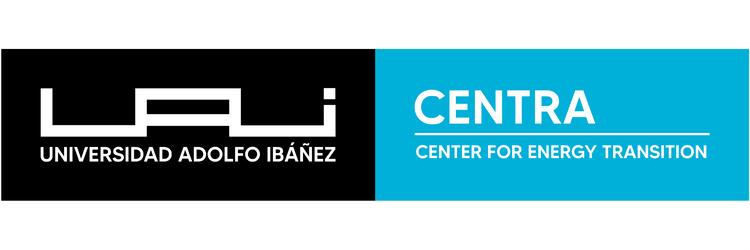
UAI Engineering and WEC-Chile begin a series of talks on technologies, business models and sustainable forms of energy
November 19, 2022
The lecture series “Energy Challenges – Chile 2023” is organized by the Faculty of Engineering and Sciences at Universidad Adolfo Ibáñez (UAI) and the World Energy Council – WEC Chile.
The series kicked off with the lecture “Opportunities to Integrate Demand-Side Energy Policies,” addressing topics such as sustainable energy demand, new technologies, business models, and sustainable energy solutions.
“We aim for these lectures to be a space where opinions and viewpoints converge, fostering discussions on technology, society, and the cross-cutting development of energy issues. Our goal is to contribute to the challenges the energy sector faces,” said UAI interim dean Renato Cabrera in his opening remarks.
Similarly, WEC-Chile Executive Director María Trinidad Castro thanked the partnership with the UAI Faculty of Engineering and Sciences for addressing energy challenges from various perspectives. She emphasized, “Our main goal is to promote a sustainable energy system focused on improving people’s well-being. This can only be achieved through collaboration.”
The Role of Demand in the Energy Sector
The discussion focused on the role of demand in the energy process and its evolving business model. The panel included Daniel Olivares, director of the UAI Energy Transition Center (CENTRA UAI); Javier Bustos, executive director of the Association of Non-Regulated Electric Customers (ACENOR); Claudio Seebach, executive president of the Association of Generators of Chile; and Cristina Victoriano, deputy executive director of the Energy Sustainability Agency.
“As generators, we revisited the purpose of electricity: what is electricity for, and how is it used? It becomes clear that electricity plays a central role in the transition we must undergo as a planet in the coming decades due to its fundamental contributions,” reflected Claudio Seebach.
In this vein, Javier Bustos and Daniel Olivares delved into the role of demand in Chile and the need for a paradigm shift. “The user used to be a passive consumer with no voice. Today, that structure is being challenged,” noted Bustos.
From the perspective of energy efficiency, Cristina Victoriano explained the importance of addressing two fundamental aspects: “First, energy management—how to care for it and what to use it for—and second, adopting new technologies and determining when to make the technological switch. Public policies intertwine these aspects, which is why they are so significant.”
The next lecture in the series is scheduled for January 2023.
Read the full article on Portal Innova
